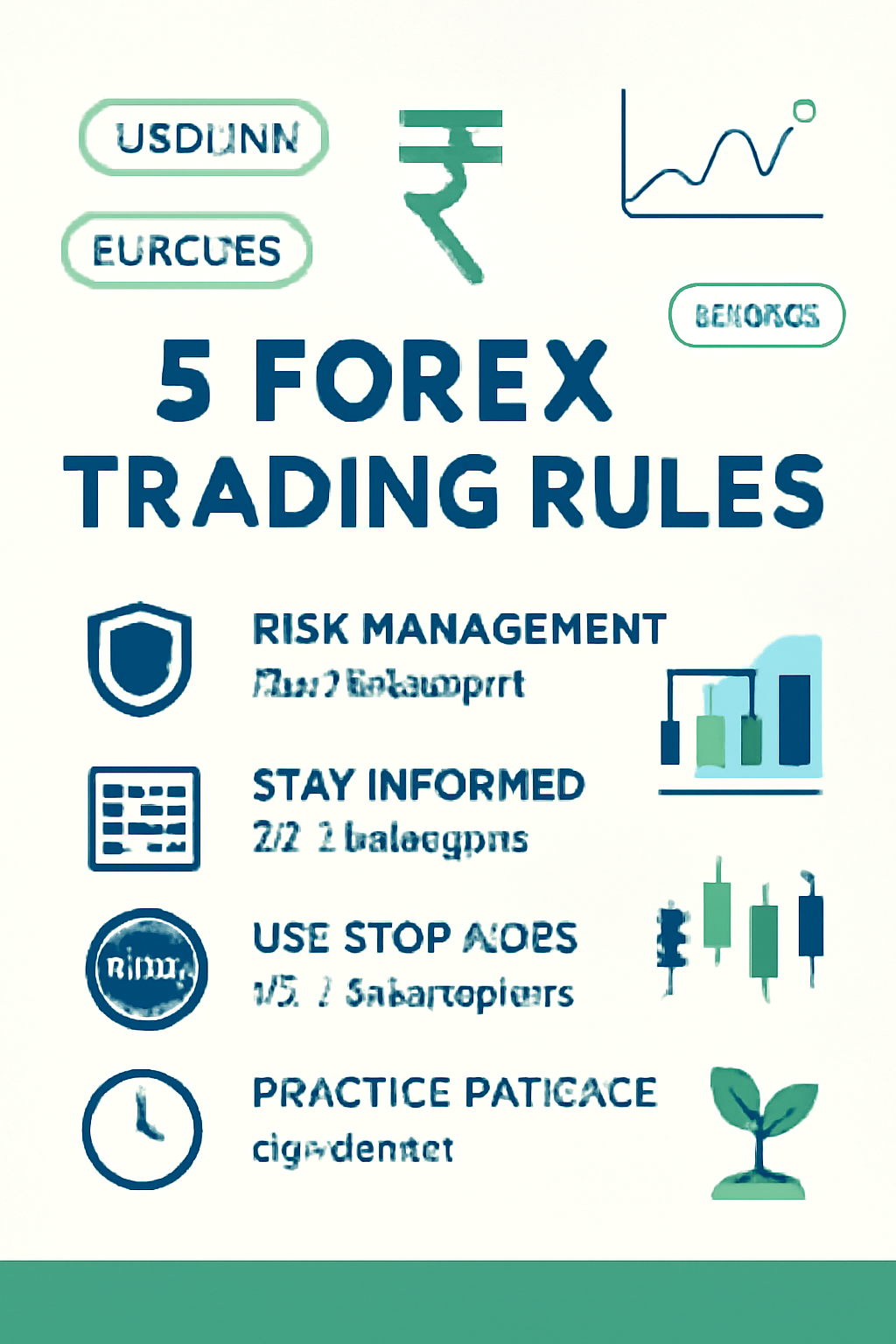The 5 forex rules Indian investors must be aware of
Do you follow the NASDAQ 100 or intend to invest in the Amazon stock? Do you need to deposit money for your child’s education abroad? No matter how you intend to spend your money in a foreign country, you need to learn the basics of foreign exchange (forex) transaction to remain on the right side of the law. You must be familiar with the amount you are allowed to spend/invest, the terms and conditions, and of course, any law that may prohibit such transaction.
Have you heard of the Liberalised Remittance Scheme (LRS)? It states that you can remit foreign currency if it is a permissible capital account or current account transaction, or it is a combination of both. Indian investors must check out the 5 vital forex rules here:
Maximum limit
As per the LRS rules, a resident of India, both adult and minor (countersigned by an adult or a guardian) can legally remit up to USD 2,50,000 in a financial year. Considering the current exchange rate (approximately INR 75 to a dollar), that should be INR 1,87,50,000 or INR 1.9 crores. Note that there is no restriction on the number of transactions in a financial year, even if you bring back the remitted amount in the same year. However, it is imperative to remember the cap and transact accordingly.
Prerequisites for availing the LRS
You must designate a bank, rather the branch of an AD (Authorized Dealer: an entity authorized by RBI to deal in forex) category bank where your capital account remittances will occur. The rules state that you need to maintain an account with the AD for a period of at least one year to be able to remit your transactions here. Just one silver lining is that there is no such requirement when making current account transactions for business or private trips abroad.
LRS – consolidating your limit
As discussed above, the upper cap for an individual is USD 2,50,000. However, if you want to remit a higher sum, you can do so by consolidating the limits of the members of your family. In this case, s/he should be a close family member. Now, there good news and bad news! Let’s begin with the bad news. It is crucial to note that consolidation is not allowed for transactions such as the purchase of property, investment, and opening of a bank account in a foreign country. Good news is that, if the close family member is a co-partner or a co-owner of the property, investment, or foreign bank account, consolidation of the limit is allowed. Bottomline – you can club the limits under the joint holding of assets.
Transactions not allowed under LRS
The following are clearly stated LRS rules for transactions that are prohibited for remittances:
– You are not allowed to trade in the forex market in a foreign country
– You are also prohibited to remit foreign exchange as margin money to someone abroad or to stock exchanges in a foreign country
– Schedule – I puts a ceiling on the purchase of banned magazines, sweepstakes or lottery, etc., using forex
– Schedule – II bars the use of forex while travelling in Bhutan or Nepal, or for any transaction with a resident of these two countries
– Also, you cannot remit forex to invest in FCCB (Foreign Currency Convertible Bond) issued by an Indian company in a foreign stock market
– No direct or indirect remittance is allowed to countries identified as ‘non-cooperative countries and territories’ by the FATF (Financial Action Task Force)
– As per the RBI directive, no direct or indirect remittance is allowed to an entity or an individual that has been identified as posing a risk of committing acts of terrorism
Purchase of forex
Any purchase of forex should be made from an AD, who may solicit your bank statement of the previous financial year or the latest copy of IT Return to determine the source of funds. Additionally, you will have to submit Form A-2, declaring the purpose of forex remittance, source of funds, and that the same will not be used for purposes regulated or prohibited under LRS.
Sources:

